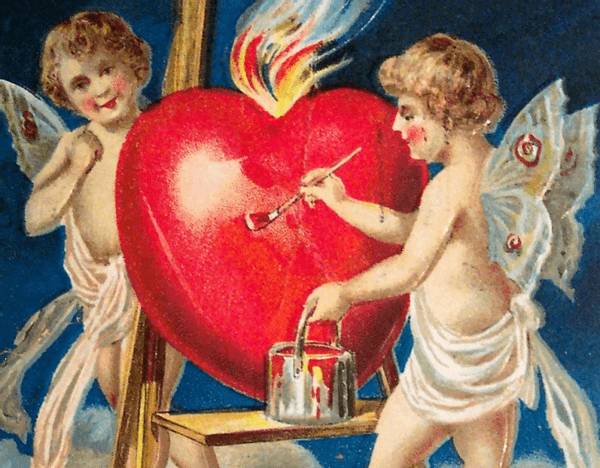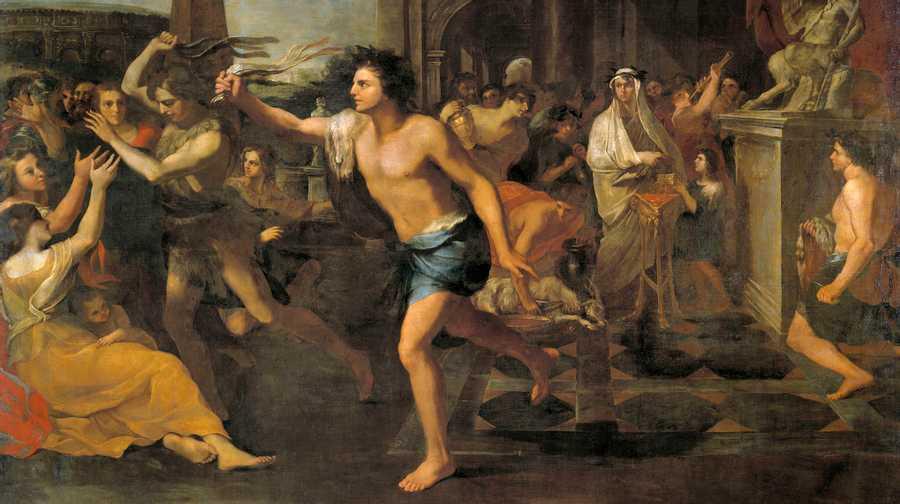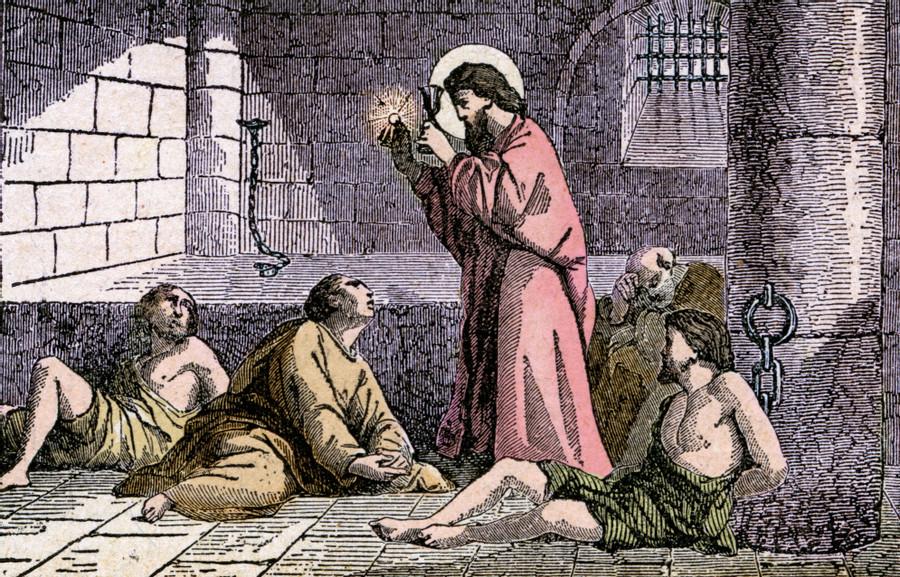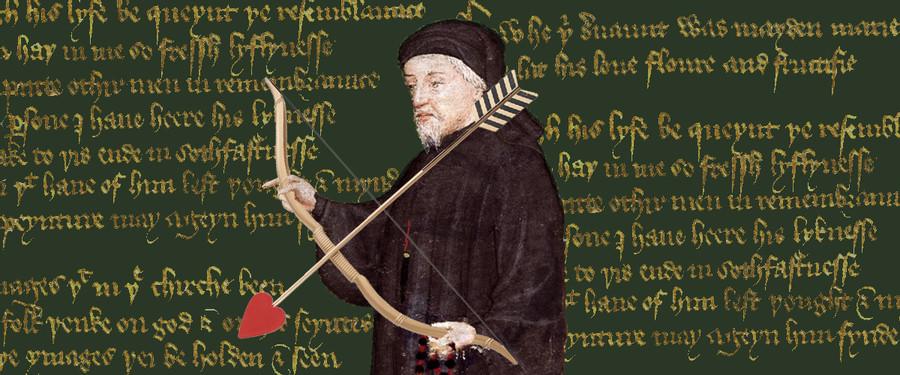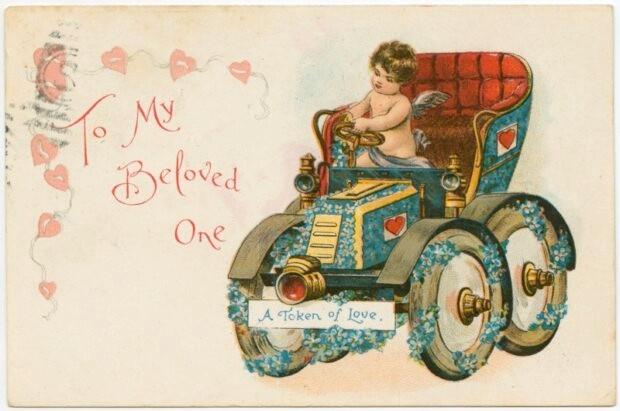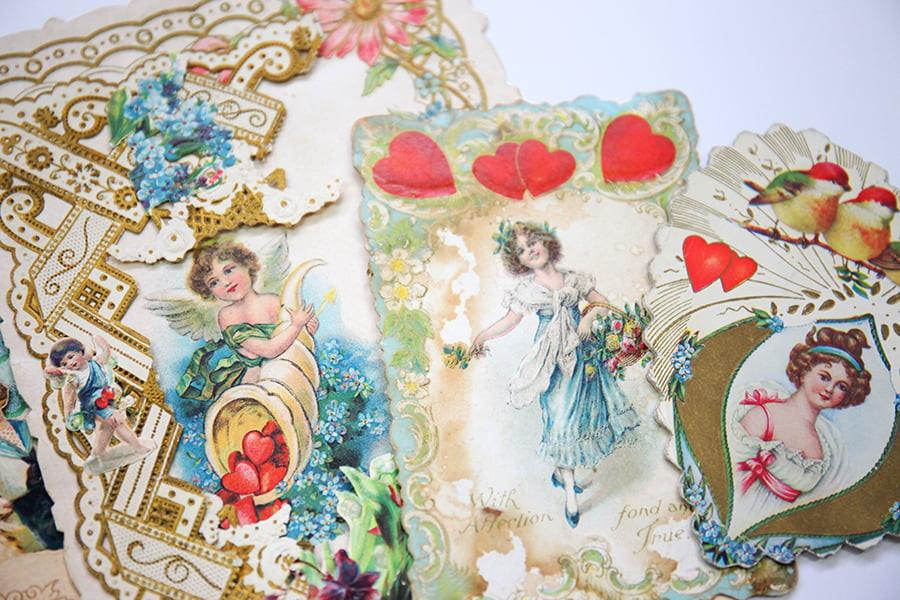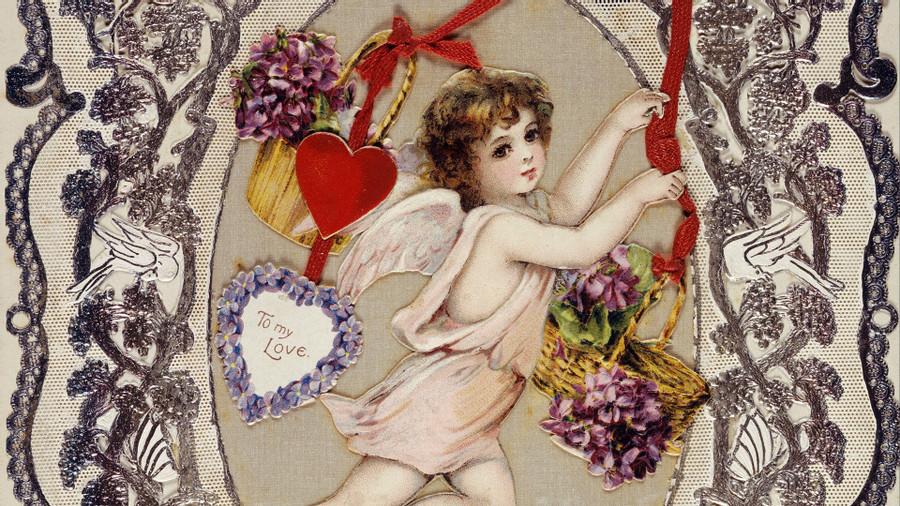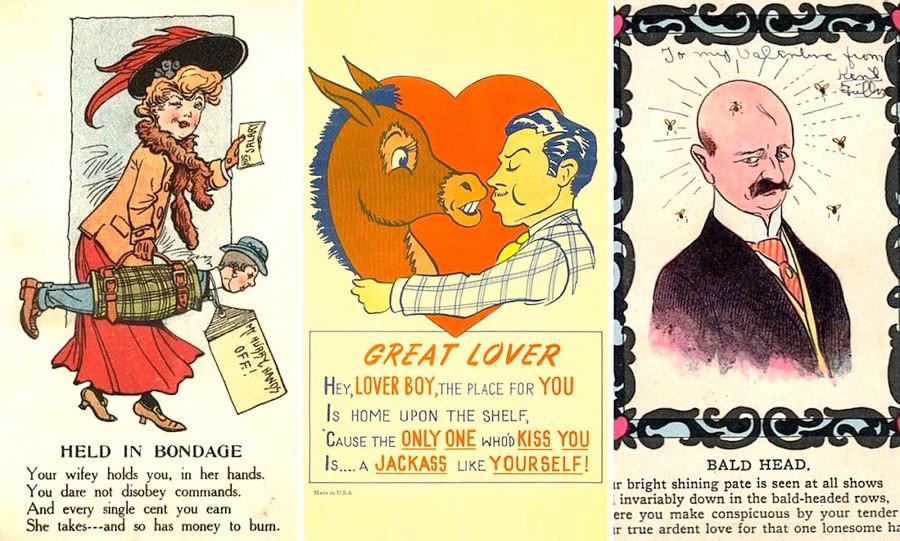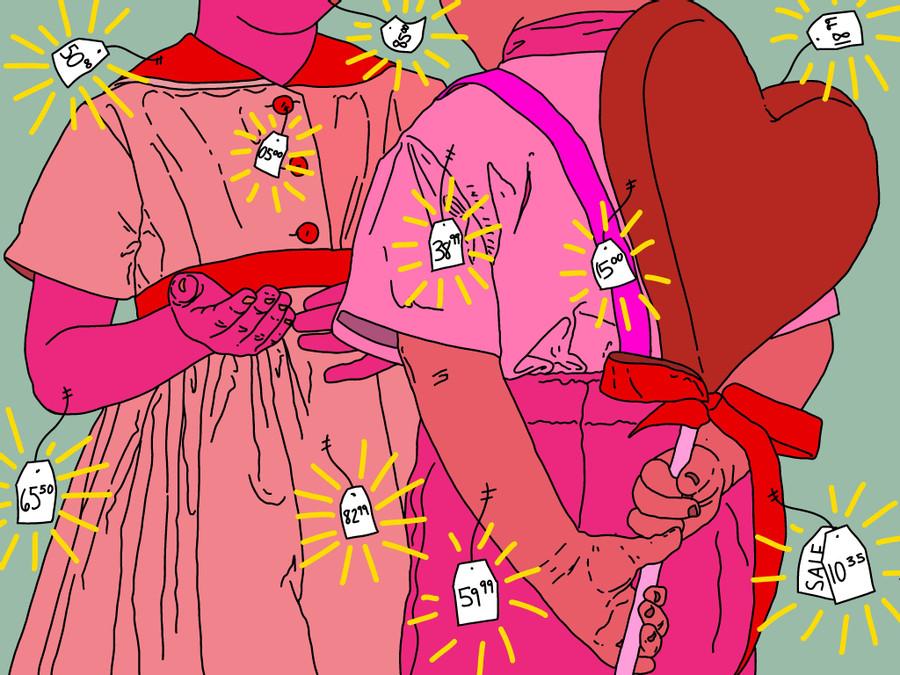Evolution of Valentine's Day: From Ancient Rituals to Modern Traditions
Curated from: historyextra.com
Ideas, facts & insights covering these topics:
8 ideas
·7.19K reads
33
1
Explore the World's Best Ideas
Join today and uncover 100+ curated journeys from 50+ topics. Unlock access to our mobile app with extensive features.
Valentine's Day Is Not a Modern Idea
The history of Valentine's Day can be traced back to ancient Rome.
From 13 to 15 February, ancient Romans celebrated the feast of Lupercalia. Roman men sacrificed goats before using their skins to whip women, believing this would make them fertile.
60
1.5K reads
Valentine's Day Becomes Christianized
At the end of the 5th century, Pope Gelasius I declared 14 February to be Valentine's Day. He attempted to reclaim the festival of the Romans and Christianise it.
It is not certain which St Valentine this day was initially dedicated to. Both saints were martyred in Rome: Valentine of Terni around AD 197 and Valentine of Rome around AD 496.
52
1.07K reads
Valentine's Day Linked to Love
In 1382, Geoffrey Chaucer wrote his poem Parlement of Foules. The poem contains the first recorded instance of St Valentine's Day being linked to romantic love.
"For this was on seynt Volantynys day
Whan euery foul comyth there to chese his make."
Some argue that Chaucer was talking of May time when birds are more likely to mate in England. This coincides with the feast of St Valentine of Genoa that falls in May.
50
969 reads
The First Valentine's Greetings
- In the 15th century, 14 February became an annual feast day in France. Banquets with singing and dancing were held to celebrate romantic love.
- During this time, a Frenchman, imprisoned in the Tower of London, wrote the earliest surviving Valentine's greeting to his wife. "I am already sick of love, my very gentle Valentine."
- By the 17th century, Shakespeare mentions Valentine's Day in Hamlet. "To-morrow is Saint Valentine's day, All in the morning betime, And I a maid at your window, To be your Valentine."
- In the 18th century, the most famous Valentine's poem was found in a collection of nursery rhymes. "The rose is red, the violet's blue, The honey's sweet, and so are you."
55
797 reads
The First Valentine’s Cards
The first Valentine's day cards were sent in the 18th century.
Initially, it was handmade cards. Lovers would decorate paper with romantic symbols like flowers and love knots. It often included puzzles and lines of poetry. These cards were then slipped secretly under a door, or tied to a door-knocker. Pre-printed cards initially appeared in Georgian Britain, although they only became popular later on.
46
725 reads
Victorian Valentines
In the early 19th-century, the industrialisation of Britain brought with it advances in printing and manufacturing technologies. Mass-produced Valentine's cards became very popular.
A collection of over 1,700 cards is still held at the Museum of London. Cards feature elaborate paper lacework, embossing, and other intricate designs. Typical imagery includes flowers, love knots, and cupid. Hearts were sometimes used, but the Victorian cards did not feature red hearts like they do today.
45
686 reads
Not All Victorian Valentine's Cards Were Romantic
The less loved-up bought 'Vinegar Valentines' to use as an insult. These cards typically poke fun at a man's profession or a woman's appearance.
One example is a card that features a cartoon of a woman with a large nose. It reads:
"On account of your talk of others’ affairs
At most dances you sit warming the chairs.
Because of the care with which you attend
To all others’ business you haven’t a friend."
47
678 reads
The Commercialization of Valentine’s Day
In the mid-19th century, Valentine's cards gained popularity in America, where they were first advertised as a British fashion.
In 1913, Hallmark Cards produced their own Valentin's card, representing a key development in Valentine's Day's commercialisation. Today Valentine's Day also includes buying flowers, jewellery, perfume, and chocolates.
46
763 reads
IDEAS CURATED BY
CURATOR'S NOTE
A history of Valentine's Day celebrations – from fertility festivals to the first cards.
“
Carlos B.'s ideas are part of this journey:
Learn more about loveandrelationships with this collection
How to use storytelling to connect with others
The psychology behind storytelling
How to craft compelling stories
Related collections
Similar ideas
6 ideas
Be Mine: A Brief History of Valentine's Day Marketing
blog.hubspot.com
6 ideas
4 ideas
History of Museums - From Oldest to Modern Museums
historyofmuseums.com
Read & Learn
20x Faster
without
deepstash
with
deepstash
with
deepstash
Personalized microlearning
—
100+ Learning Journeys
—
Access to 200,000+ ideas
—
Access to the mobile app
—
Unlimited idea saving
—
—
Unlimited history
—
—
Unlimited listening to ideas
—
—
Downloading & offline access
—
—
Supercharge your mind with one idea per day
Enter your email and spend 1 minute every day to learn something new.
I agree to receive email updates
